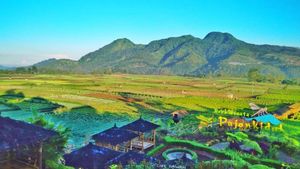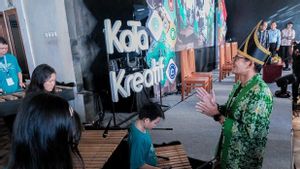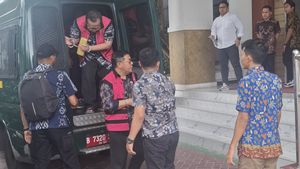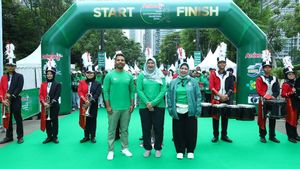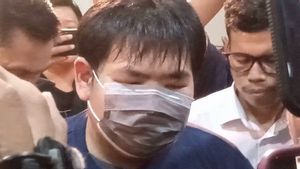JAKARTA - In facing the challenges of the global climate crisis, the Standard, Curriculum and Education Assessment (BSKAP) under the Ministry of Education, Culture, Research and Technology (Kemendikbudristek) has formulated educational guidelines related to climate change as a step to respond to current global climate challenges.
The entry of climate change education is a response to the increasingly pressing need for environmental awareness among the younger generation and part of strategic efforts to form students who have an understanding of sustainability issues.
BSKAP said that the guide was one of the priority issues in the national curriculum and was prepared by involving the cooperation of various parties.
The Head of the Curriculum Team from the Center for Curriculum and Learning (Puskurjar) of the Ministry of Education and Culture, Yogi Anggraena, explained that climate change materials will not be presented as separate subjects, but will be integrated into intracuricular, kokuricular, and extracurricular activities.
Intracuricular activities refer to routine learning in class, while koktoricular aims to enrich intracuricular activities, for example through educational visits to museums or educational centers.
SEE ALSO:
Meanwhile, extracurricular focuses on developing student interests and skills outside the classroom, such as arts, sports, and religious activities.
"In the early stages, we mapped the competencies needed by students from PAUD to SMA. After that, we included these competencies in intracuricular, cocurricular, and extracurricular activities," said Yogi, as quoted by Antara.
He added that this concept has been reflected in several subjects, so students will indirectly study the issue of climate change.
Strengthening education related to climate change will also be optimized through the Pancasila Student Profile Strengthening Project (P5) which raises the theme of a sustainable lifestyle. In addition, extracurricular activities such as scouting will also play a role in instilling environmental awareness in students.
The guidelines compiled by the Ministry of Education and Culture include examples of good practices as a reference for educational units in carrying out climate change education. The hope is that this education can develop into a joint movement.
The English, Chinese, Japanese, Arabic, and French versions are automatically generated by the AI. So there may still be inaccuracies in translating, please always see Indonesian as our main language. (system supported by DigitalSiber.id)



